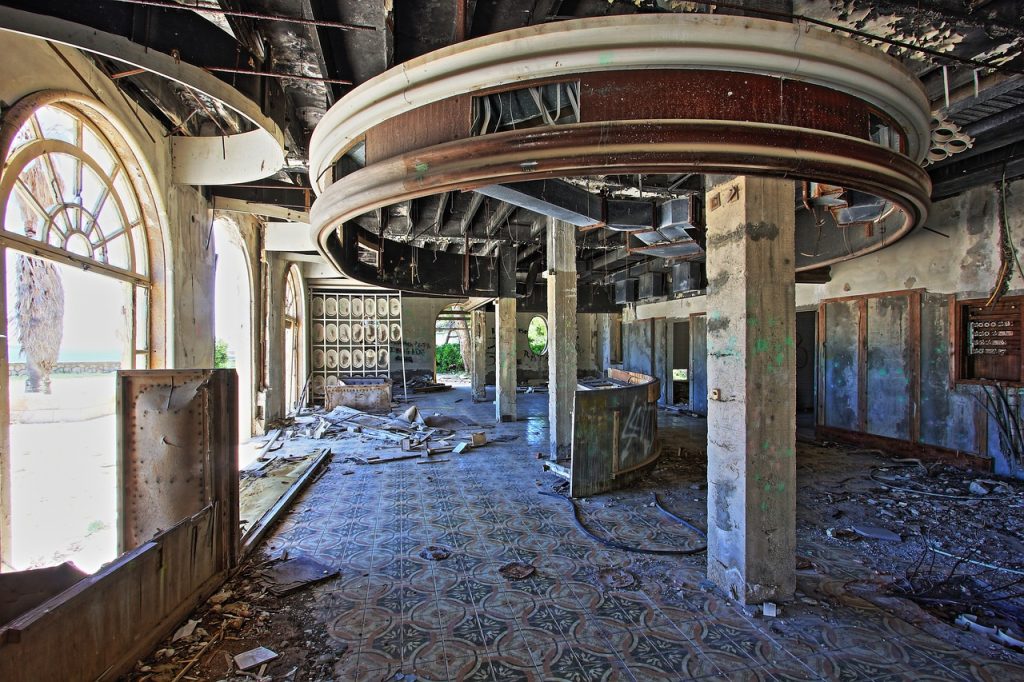Initially what starts off as a casual conversation in the workplace can lead to office romance or worst, sexual harassment. In the wake of the global #metoo movement, victims of sexual harassment have gained traction in voicing out against the violation of their individual rights and exposed that sexual harassment in the workplace is pervasive and affects all sectors. This leaves no particular industry uncovered, but one that receives a bad reputation is particularly the hospitality industry.
Hotel staff can be vulnerable to both guests and colleagues/supervisors. In this context, business owners in the hospitality industry have a responsibility to take all necessary steps to protect their staff and build a workplace culture where harassment is not tolerated. Not only does this foster a more conducive working environment and reduce staff turnover rate but also enables these owners to deal with complaints before they turn into potentially costly court litigation.
Recently, the Malaysian Industrial Court found that a term of endearment such as “sayang” (a term of endearment which means “dear” or “darling” in Malay) can amount to sexual harassment. That being said, we will discuss and explore sexual harassment in Malaysia and suggest necessary prevention measures to ensure a workplace free from the scourge of sexual harassment. As the topic involves a wide range of discussion, we will feature a 3-part series that sufficiently cover issues surrounding sexual harassment within the Hospitality Industry.
3 Part Series on Sexual Harassment in the Hospitality Industry. Part 1 – Definition and Duties of Employers
In the first part, our article will discuss on what amounts to sexual harassment and the duties of employers when a sexual harassment complaint is made.
What Is Sexual Harassment?
Sexual harassment is defined under the Employment Act 1955 as any unwanted conduct of a sexual nature, whether verbal, non-verbal, visual, gestural or physical, directed at a person which is offensive or humiliating or is a threat to his well-being, arising out of and in the course of his employment.
Another definition can be found in the Code of Practice on the Prevention and Eradication of Sexual Harassment in the Workplace which defines sexual harassment as “any unwanted conduct of a sexual nature having the effect of verbal, non-verbal, visual, psychological or physical harassment:
- that might, on reasonable grounds, be perceived by the recipient as placing a condition of a sexual nature on her/his employment; or
- that might, on reasonable grounds, be perceived by the recipient as an offence or humiliation, or a threat to his/her well-being, but has no direct link to her/his employment.
Examples Of Sexual Harassment
Some examples of conduct that fall clearly under the definition of sexual harassment are:
- holding hands without consent and without the will of the victim;
- stroking of arms or body without consent and the will of the victim;
- constant unwanted/unreciprocated telephone calls to the victim to meet up;
- supervisors or guests abusing their authority by intimidating or threatening the victim with certain conducts that the victim is not comfortable with; or
- making uncomfortable or inappropriate remarks to the victim.
Term Of Endearment Harassment?
Whilst some forms of conduct are clearly sexual harassment (as above), some may not be as clear. How often do we hear words and terms of endearment exchanged between colleagues? Whilst terms of endearment may appear harmless and are commonly exchanged amongst colleagues, the Malaysian Industrial Court apparently does not agree with that proposition.
Recently, the Malaysian Industrial Court established that the endearment term “Sayang” used by an employee to address his subordinate had caused him to breach the company’s anti-harassment policy justifying his dismissal. In the case of Loganathan Maniam v Murphy Sarawak Oil Co Ltd [2020] 2 ILR 275, Mr Maniam had:
- i) verbally harassed the employee by calling her “Sayang” publicly in front of other staff and through electronic messages;
- ii) putting his arm around her shoulders and shaking her hands unnecessarily;
- iii) giving her unwelcomed presents;
- iv) abused his position by instructing or expecting her to carry out work beyond her work scope such as fetching him from the airport and expecting her to show him his hotel room during team building events.
On the usage of the word “Sayang” the Court noted that the term “Sayang” as it was known in the Malay-speaking region generally indicated intimacy and relationships beyond friendship. It was incompatible with Mr Maniam’s professional relationship with the employee. Although the employee had not expressly objected to being addressed as such, that in itself did not warrant him to address her in that manner.
It seems that the Court has taken a very liberal and non-restrictive approach to defining what sexual harassment is. To err on the side of caution, we would suggest that any conduct which would even remotely make any person uncomfortable would fall under the definition of sexual harassment.
Issues Specific To The Hospitality Industry
Studies have shown that sexual harassment is more prevalent in the hospitality industry than in others. A survey of 300 hospitality workers undertaken by the trade union United Voice revealed that 9 in 10 of the workers experienced sexual harassment at work.
Perhaps it is due to the nature and environment of the hospitality industry. The industry operates within unusual hours, staff may be required to work in close proximity to guests who may have been intoxicated with beverages. Also, to a certain extent, importance is placed on the physical appearance of these staff.
Dress codes could possibly play a role in some of the sexual harassment cases. It can be observed that some organizations try to capitalize on sex symbols by sexually objectifying their staff as they are required to wear obscene uniforms.
Some owners fail to recognize the negative impacts of sexual harassment or over-sexualizing their staff in their business. Some of the negative impacts include damage to reputation, a bad working environment, low staff morale, and difficulty in retaining employees. These will, in turn, cause these owners to suffer losses.
Arrowood International acknowledges the prevalent sexual harassment in the hospitality industry, and its effects on business owners and adheres to a strict sexual harassment policy. Arrowood has the required expertise to advise on the daily operation of Hotels and its related industries to prevent sexual harassment within the workplace. Arrowood has enjoyed the success of advising business owners on the best methods to achieve revenue without compromising the dignity of business owners’ employees.
Duties Of Employers When A Sexual Harassment Complaint Is Made
Pursuant to the Employment Act, employers are required to look into any complaint made by their employees by making the necessary investigation and if sufficient evidence is made, charge and hold a domestic inquiry against the perpetrator for him/her to show cause. Having done so, if they are satisfied that type of harassment misconduct has occurred, they are to take disciplinary action against the perpetrators if these perpetrators are employees of the workplace.
Any refusal to inquire into the complaint of sexual harassment must be supported by grounds for such refusal and must be informed to the complainant. Any failure to do so will be deemed to be an offence and upon conviction, liable to a fine not exceeding RM10,000.
What about complaints made against individuals who are not employees within the same workplace? Find out more in Part 2 of our Sexual Harassment Series.




